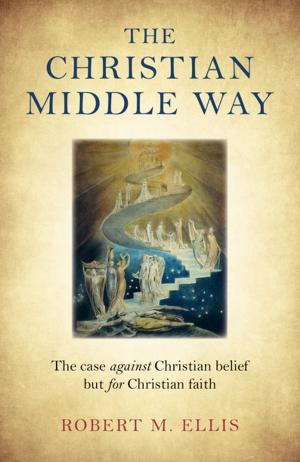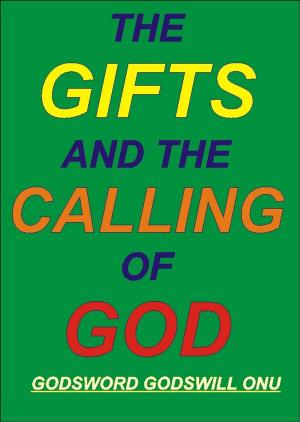Fundamentals Of Balanced Christianity: Charismatic Parlance Or Pragmatic Balance
Nonfiction, Religion & Spirituality, Christianity, General Christianity| Author: | Daniel O. Ogweno | ISBN: | 9781466067585 |
| Publisher: | Daniel O. Ogweno | Publication: | September 20, 2011 |
| Imprint: | Smashwords Edition | Language: | English |
| Author: | Daniel O. Ogweno |
| ISBN: | 9781466067585 |
| Publisher: | Daniel O. Ogweno |
| Publication: | September 20, 2011 |
| Imprint: | Smashwords Edition |
| Language: | English |
One of the most crippling problems challenging the validity of most people’s Christianity is the imbalanced way they understand God’s Word and do the things of God. The result is that sceptics make excuses and take advantage of the contradictory doctrines and theologies in order to ridicule Christianity; truth seekers get confused as others relapse to settle for what is tickling to their ears; and people who ought to work together end up vehemently dismissing one another.
This latter case can be illustrated by the story of two blind men who were asked to feel an elephant. They were expected to report their experience. One of them, being a tall man, reached the ear first. Either he was so mesmerised by it that he forgot to survey the entire body as well, or he was too proud to stoop to feel also the parts that could only be felt if someone was 'close to the ground.' When asked to describe the elephant, he said that it was like a large towel. His description centred only around the ear.
The other man’s observation was also dictated by what he reached first. He was a short man. He reached the foot of the elephant first. Like his companion, he got spellbound by the elephant’s foot. Either, he also forgot to give a complete inspection of the whole body, or never cared to climb on something to reach the parts of the elephant’s body that were ‘out of reach’ without help. When asked to describe it, he said that an elephant is like a tree trunk.
The two men got into a dispute. The one insisted that an elephant is like a towel and the other that it is like a tree trunk. They spiritedly dismissed each other.
They were, however, both right and wrong! Right in the sense that each presented what was true about the elephant. Wrong in the sense that both thought that their (limited) impression was all there was about the large animal. Fundamentals of Balanced Christianity helps the reader think and act balance. This balance is not about 'compromise', rather, it is as radical as it is practical.
One of the most crippling problems challenging the validity of most people’s Christianity is the imbalanced way they understand God’s Word and do the things of God. The result is that sceptics make excuses and take advantage of the contradictory doctrines and theologies in order to ridicule Christianity; truth seekers get confused as others relapse to settle for what is tickling to their ears; and people who ought to work together end up vehemently dismissing one another.
This latter case can be illustrated by the story of two blind men who were asked to feel an elephant. They were expected to report their experience. One of them, being a tall man, reached the ear first. Either he was so mesmerised by it that he forgot to survey the entire body as well, or he was too proud to stoop to feel also the parts that could only be felt if someone was 'close to the ground.' When asked to describe the elephant, he said that it was like a large towel. His description centred only around the ear.
The other man’s observation was also dictated by what he reached first. He was a short man. He reached the foot of the elephant first. Like his companion, he got spellbound by the elephant’s foot. Either, he also forgot to give a complete inspection of the whole body, or never cared to climb on something to reach the parts of the elephant’s body that were ‘out of reach’ without help. When asked to describe it, he said that an elephant is like a tree trunk.
The two men got into a dispute. The one insisted that an elephant is like a towel and the other that it is like a tree trunk. They spiritedly dismissed each other.
They were, however, both right and wrong! Right in the sense that each presented what was true about the elephant. Wrong in the sense that both thought that their (limited) impression was all there was about the large animal. Fundamentals of Balanced Christianity helps the reader think and act balance. This balance is not about 'compromise', rather, it is as radical as it is practical.















